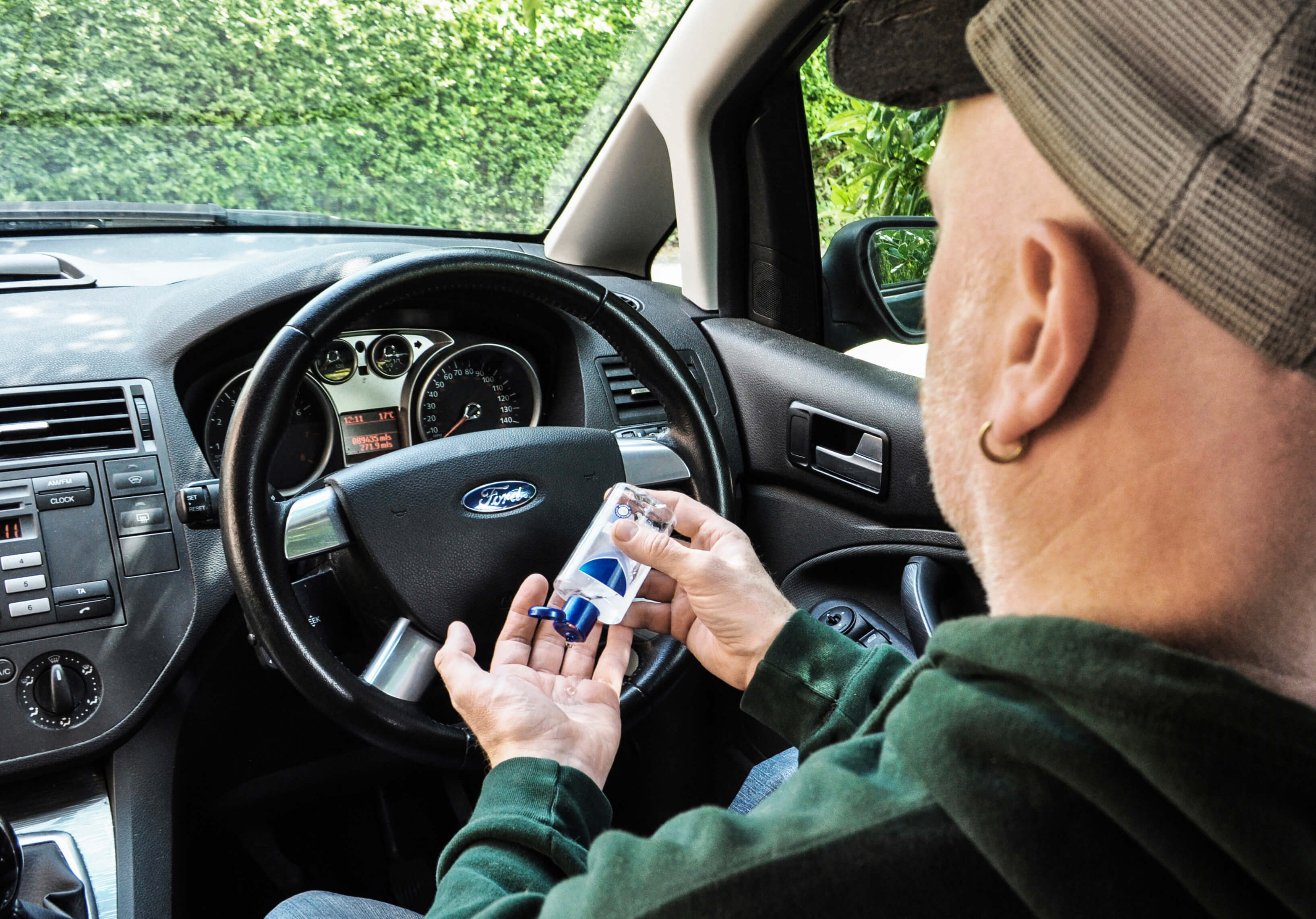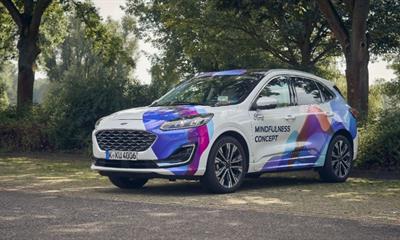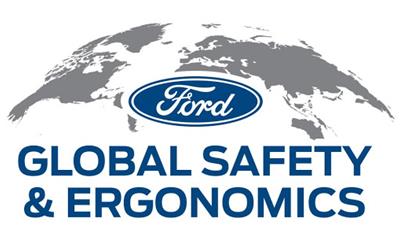
Protect Your Health and Leave Your Car Protection to Us

Our daily life, reshaped with the pandemic, brings certain different problems. When it comes to health, we are doing our best, conducting tests, and developing products to solve these problems that we used to place behind.
In the quarantine period, following the protective paint that we have developed against bird droppings our vehicles are exposed to due to not being used for a long time, and MicronAir ventilation filter which prevents viruses, pollen, and dust from entering your vehicle, now we continue our researches for the internal surfaces that wear and tear due to hand sanitizers!
Especially chemicals such as ethanol in hand disinfectants can react with surfaces and cause premature wear and unwanted appearance on the interior surfaces of cars.
Our engineers, who have taken action to solve the problem, have been testing new products on materials that have been used in vehicles for a long time. The tests showed that the chemical structure of the protective coatings can be reformulated so that the interior vehicle surfaces would continue to look good regardless of what they are exposed to. These tests also include by-products such as storage and in-car plastic accessories.
Our teams in Britain-Dunton and Germany-Cologne are testing material samples at temperatures that can reach up to 74° C in some cases, equivalent to the interior temperature of a car parked on the beach on a hot day. In the simulation of long exposure to the sun, these samples are subjected to UV purple light tests for up to 1,152 hours (48 days). In addition, plastics are tested for strength (stress and strain) at temperatures down to -30° C, ensuring that the plastic does not crack by using various methods.
Mark Montgomery, the senior material engineer at Materials Technology Center of Ford Europe Dunton Technical Center, said, "Recently hand sanitizers have been increasingly used, so it has long been part of our tests. Even the most harmless chemical-based products can cause problems such as wear and tear when they come in contact with the interior surfaces, but products such as hand disinfectants, sun lotion, and insect repellents can cause much more damage to the interior surfaces of the cars."
Jenny Dodman, chief medical officer of Ford England said, "Particular attention should be paid to frequently touched areas such as the steering wheel, gear stick, handles, any buttons, touchscreens, wiper and turn signal stalks. In addition, seat belts should also be high on every driver’s cleanliness checklist. The seat belt is in contact with us and is exposed to microbes due to sneezing and coughing."
Hand disinfectants, with an increase in sales by 18 times compared to last year, are in high demand all over the world and it is predicted that the global hand sanitizer market will increase by two and a half times compared to 2019. Although hand disinfectants help to kill the germs in the user's hands, they may not eliminate the presence of microbes in the vehicle, especially if the vehicle is used in partnership with other people.










